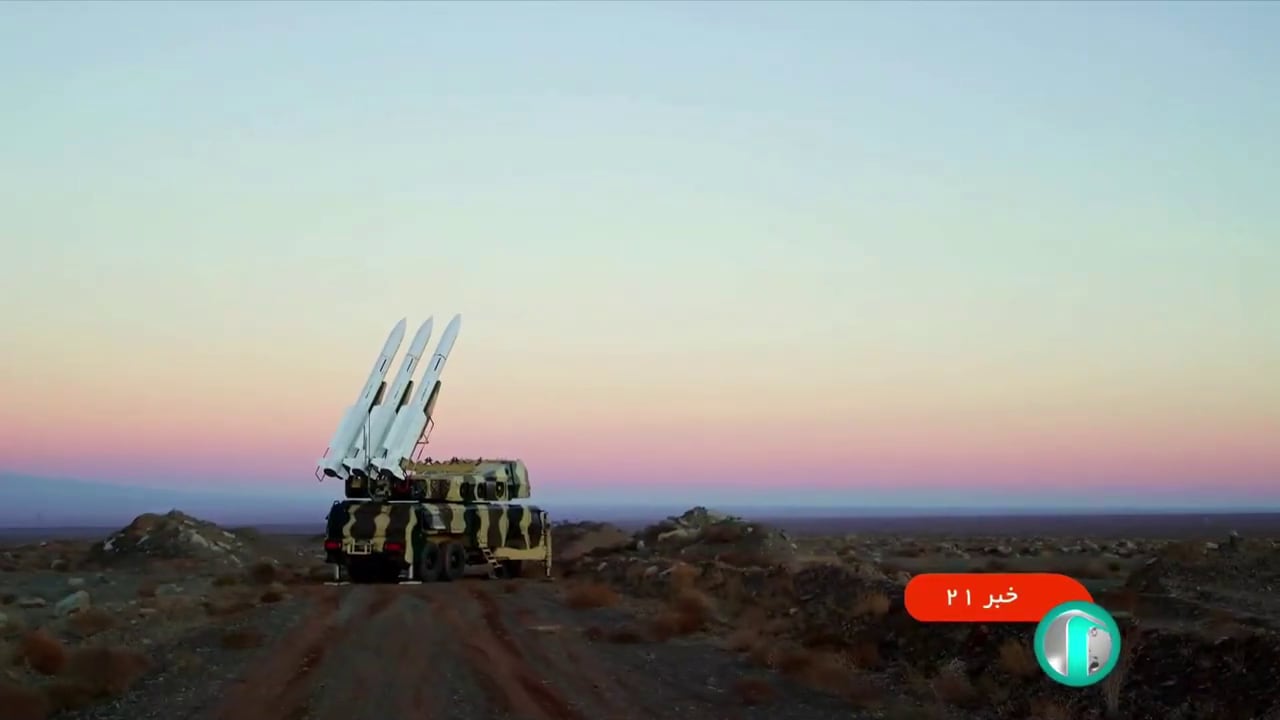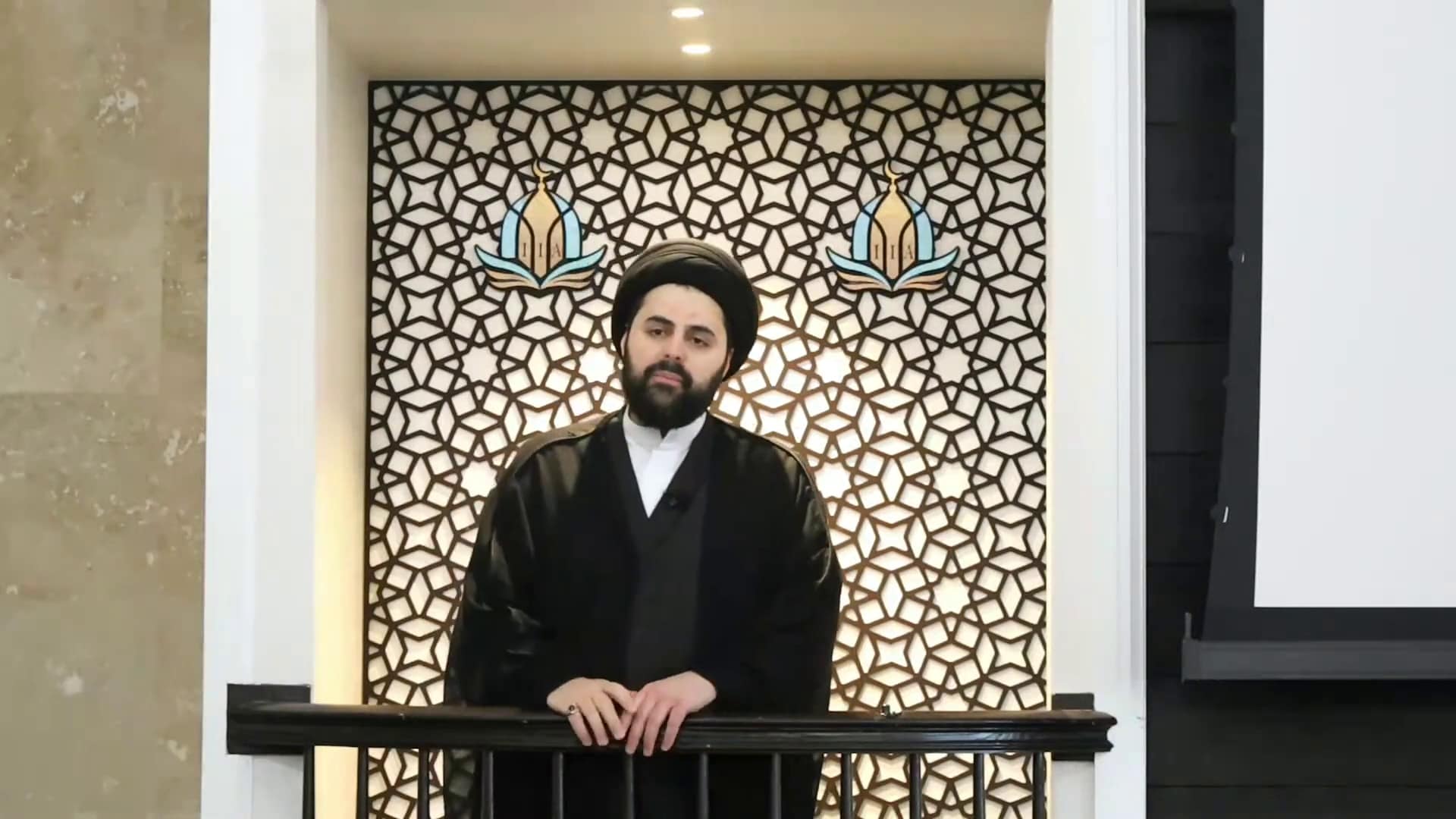
Iraqi poets have taken the saying that art imitates reality to a whole new level: the "Poets' Militia" travels from one place to another, reciting poetry from within a prisoners' cage, an ambulance, or a body bag. Wearing orange jumpsuits, the members of the "militia" aim to expose "the hideousness [of ISIS practices] through poignant texts of theatrical poetry." This report on the "Poets' Militia" aired on Mayadeen TV on November 24, 2015.
Following are excerpts:
Iraqi "poets' militia" members, dressed in ISIS prisoner uniforms inside an ISIS-style cage, reading from paper
Voice of reporter: These people are not potential martyrs in the series of the burning and slaughtering of the innocent by ISIS. They are not calling to be saved from a fate that has been sealed. These are Iraqi poets, screaming in their own special way against ISIS and its methods of killing: absurd poetry in the face of absurd practices of an organization that has taken upon itself to destroy Arab and Islamic societies.
The poems blend together to emphasize the common destiny of Iraqis in confronting the spreading terrorism. The voices, the screams, and the mutterings of these poets reflect the pain, the wailings, and the appeals of the people who were cast by extremism and terrorism in the hell of arbitrary mass killings.
The poets kneel down with their hands tied behind their backs
Mazen Al-Ma'amouri, Kazem Khanjar, Ali Dharab, and Muhammad Karim are a group of new Iraqi poets, who call themselves the "Poet's Militia." They constantly take their poetry from one place to another, following the aftermath of the bombings in the streets, exposing their hideousness through poignant texts of theatrical poetry.
The young poets have [read poetry] from within an ambulance, to relive the experience of people wounded by terrorists. Some of them have recited poetry from within a body bag, or with mud on their faces, as a symbol of the collective grief and the pain felt by passersby. The "Poets' Milita" has begun to command more and more respect among Arab and European cultural circles. It has become an authentic cultural expression, which shocks human conscience, in the hope of making an impact on the collective awareness, in the face of a terrifying reality, embodied by terrorism.
[…]













